Introduction to the toolkit and risk management

The four principles of humanity, impartiality, neutrality, and independence are the foundations of humanitarian action. Guided by these principles, humanitarian organisations work to ensure that assistance and protection go to those most in need. As well as forming the basis of their work, the principles enable humanitarian organisations to gain and maintain acceptance from communities and parties to conflicts, helping ensure the safety of staff.
However, as broad counterterrorism measures become increasingly common at international and national levels, humanitarian organisations are concerned about the impact of these measures on their ability to maintain a principled approach. While humanitarian organisations are, usually, not the target of these measures, they nevertheless pose real risks to operations, staff and beneficiaries. Compounding these risks is the prevalence of “zero tolerance” approaches to risk from some donor governments.
The Toolkit for Principled Humanitarian Action: Managing Counterterrorism Risks updates the information contained in the 2015 Risk Management Toolkit in Relation to Counterterrorism Measures to reflect recent developments. It aims to raise awareness of counterterrorism-related risks so that organisations can identify and mitigate these, and to make risk management approaches accessible to a broad range of staff who can use these in their day to day work.
Who is the toolkit for?
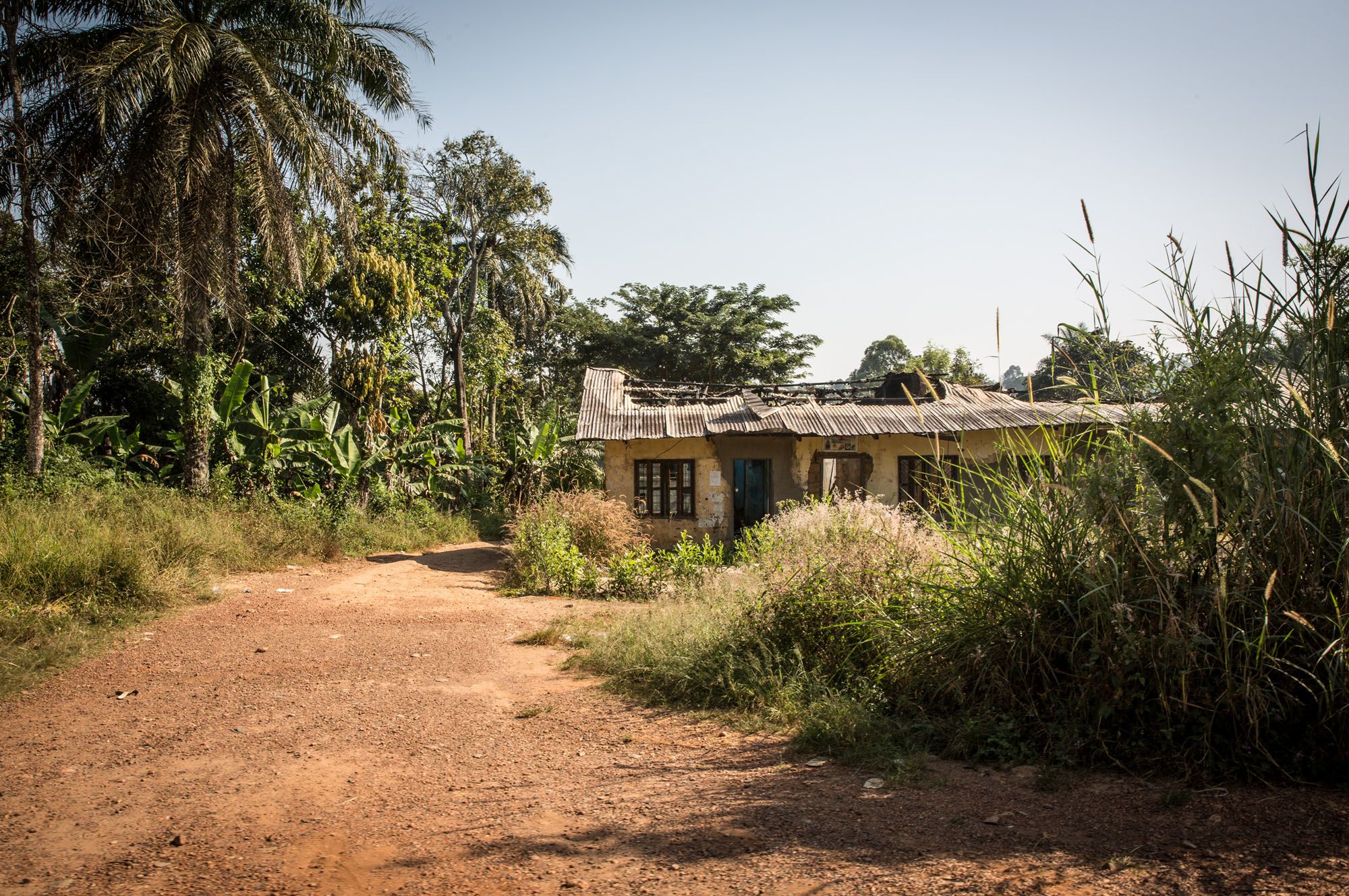
This toolkit is designed for use by a wide variety of staff in headquarters and field locations, ranging from those responsible for programme implementation or partnerships with donors, to those with operational, risk management or policy responsibilities. The toolkit has three objectives:
- To provide an overview of current counterterrorism measures and their potential impact on principled humanitarian action.
- To highlight counterterrorism-related risks that humanitarian organisations may need to manage and mitigate, and to provide a collation of some risk management practices employed in the sector.
- To encourage organisations to mainstream consideration of counterterrorism-related risks throughout the project management cycle.
This toolkit is not exhaustive or prescriptive, nor is it intended to serve as legal or professional guidance.
Methodology
The development of this toolkit was informed by extensive engagement with donors and staff of NNGOs, INGOS and UN agencies, including during the course of workshops and roundtables in Afghanistan, Kenya, Nigeria, Palestine, Senegal, and Somalia in 2019, as well as desk research and feedback from a steering committee made up of relevant NRC staff.
Information contained in the toolkit is anonymised except where the information is readily publicly available.
Counterterrorism and principled humanitarian action
what are the risks?
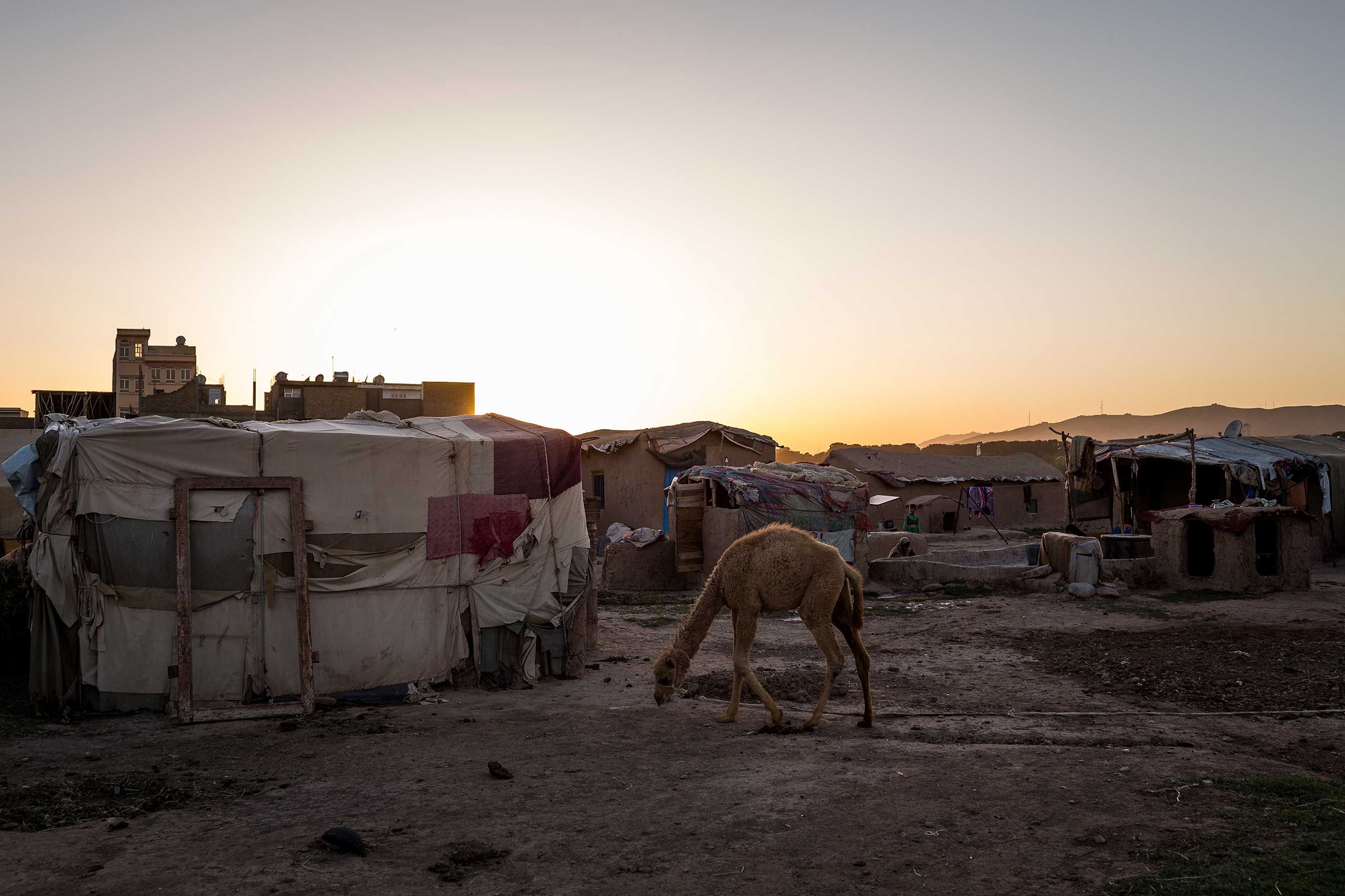
Humanitarian organisations are committed to ensuring that assistance reaches its intended beneficiaries. To support or endorse any armed group’s political or security aims, including through the provision of aid, contravenes the humanitarian principles of impartiality, neutrality and independence. Humanitarian actors have well developed policies and procedures covering security, human resources, finance and administration to prevent this from happening. Sector wide standards to help humanitarian actors to strengthen adherence to the humanitarian principles and enhance risk management include the Sphere Humanitarian Charter and Minimum Standards in Humanitarian Response and the CHS.
Despite these efforts, it is impossible to entirely eliminate risks in the complex environments in which humanitarians work. This toolkit focuses on helping organisations identify, manage and mitigate counterterrorism-related risks while recognising that residual risks will remain. Once mitigation measures are in place, organisations can use programme criticality considerations to assess whether the residual risks are outweighed by the expected humanitarian outcomes of the proposed activity.

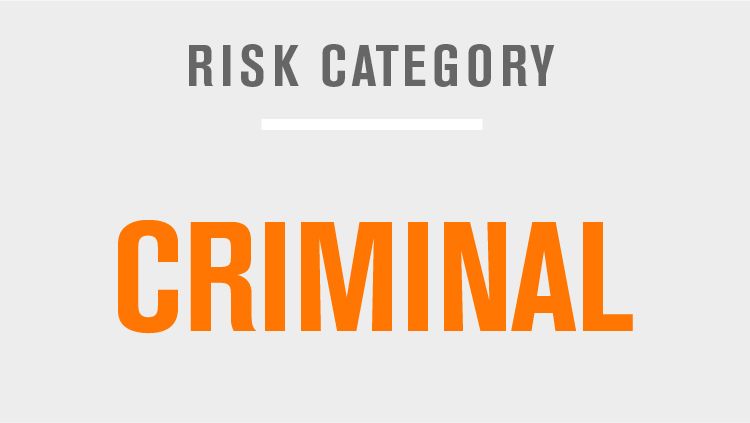
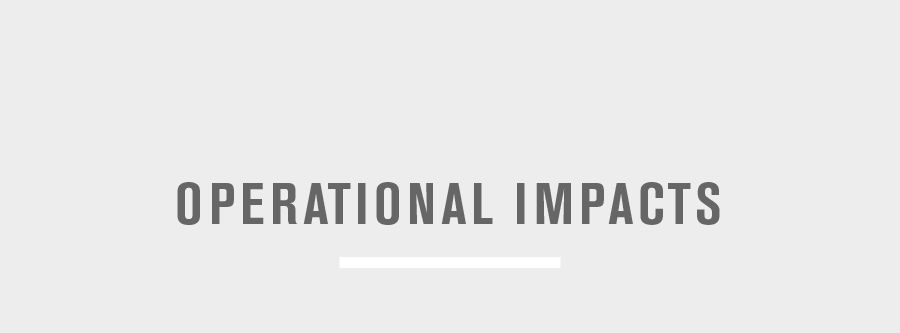
Prosecution over the provision of support to DTGs
The broad definition of support for terrorism that some states have adopted makes this a risk for humanitarian organisations and their staff if they are deemed to have provided support for designated terrorists groups (DTGs) by carrying out certain activities. For example, the US Supreme Court ruled in 2010 that training DTG members in IHL was classed as material support and so prohibited.
Criminalisation of staff
Criminal laws designed to counter terrorism have the potential to criminalise humanitarian workers. Local staff members may be particularly exposed to risks under the host country’s counterterrorism legislation. Potential offences that could involve criminal responsibility include presence in an area of designated terrorist activity, the indirect financing of terrorism and broad forms of association with proscribed groups.
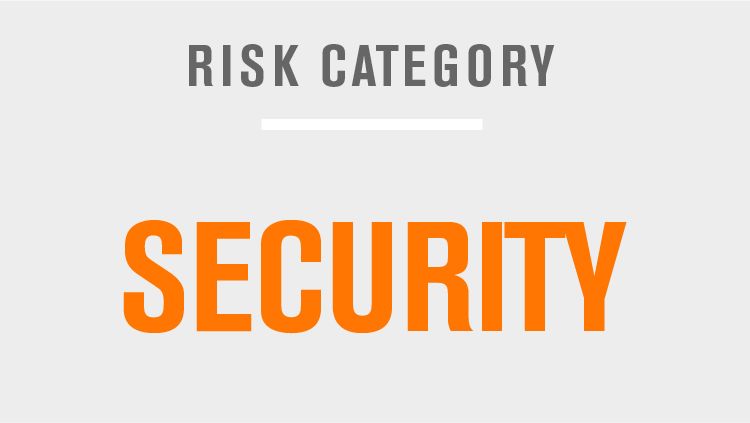

Insecurity
Engaging with non-state armed groups (NSAGs), regardless of whether they are DTGs, is a key element of gaining and maintaining secure access to people in need. Engagement also helps to establish consent and acceptance for humanitarian organisations’ activities, which is vital to ensure staff safety. Counterterrorism measures can create uncertainty for organisations about whether contact with NSAGs that are also DTGs is permissible.
Some organisations refrain from engaging with these groups as a result. Organisations that fail to engage with NSAGs because of counterterrorism concerns risk negative perceptions of partiality and non-neutrality, which in turn puts staff at risk. Other organisations do engage with these groups, but do not provide staff with support and guidance about how to do this. This can create a “don’t ask, don’t tell” approach whereby field-based staff engage without the knowledge of senior management, and feel unable to openly discuss dilemmas and risks.
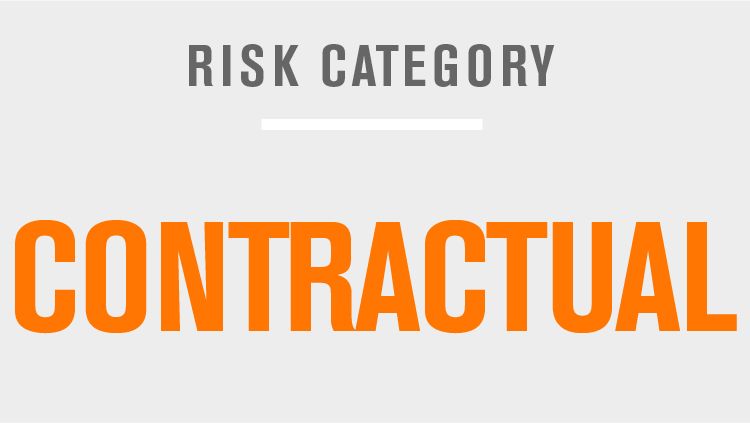

Delay
The inclusion of counterterrorism clauses in grant agreements can delay the implementation of humanitarian initiatives while organisations work with donors to try to negotiate changes or seek clarity about vague wording. The fact that donors do not always inform organisations when they introduce a new counterterrorism clause or change the wording of existing clauses only increases the likelihood of delays. Some requirements, including screening and/or vetting procedures, may also delay the provision of assistance.
Delays can also occur as a result of bank derisking, which happens when banks refuse, or take longer than expected to provide transfers to locations perceived as high risk in order to minimise their own exposure to accusations of facilitating terrorist financing.
Lower quality of response
Compliance with donor counterterrorism requirements may reduce the quality of an organisation’s response by causing it to choose modalities perceived as lower risk even if they are less appropriate and effective for a particular context.
Risk transfer to staff:
Counterterrorism-related wording in grant agreements can be vague and difficult to interpret. It is not uncommon for humanitarian organisations to accept these clauses without fully understanding the requirements involved. Staff tasked with implementing a project under a grant agreement may not have been involved in negotiating it, but they shoulder the burden of complying with the requirements, and organisations often do not provide the necessary guidance or support on how to do so.
Risk transfer to local partners:
International NGOs often pass on donor counterterrorism requirements to local partners in the form of “flow-down clauses” without ensuring they understand what signing the clause entails, or that they have the resources and capacity to comply. Local partners may accept requirements that are impossible for them to adhere to or that endanger their staff as a result.
Establishing a precedent
This can occur when one organisation accepts a counterterrorism clause that others deem unacceptable. Some organisations may choose to negotiate more favourable terms, but their leverage and ability to do so is weakened if others have already accepted the requirements.
Loss of funding
Some organisations have refused donor funding as a result of uncertainty about, or unwillingness to accept the terms of counterterrorism clause required of them. Expenditure may also be disallowed under a contract if an organisation does not comply with all donor regulations.
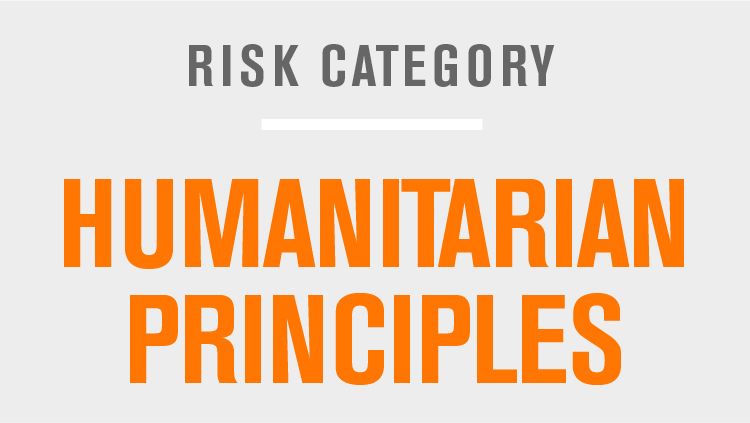

Compromised impartiality:
In order to minimise exposure to counterterrorism risks, organisations may choose not to provide assistance in areas controlled by NSAGs that are also DTGs, regardless of the humanitarian needs there. This compromises the impartiality of their response and leaves affected populations without the assistance they need simply because of their location. If an organisation is not perceived as impartial, it can also put staff safety at risk.
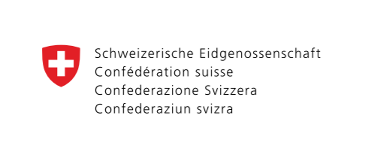
This site has been produced with the financial assistance of the Swiss Federal Department of Foreign Affairs (FDFA).
The contents of this site do not necessarily represent the opinions of the Norwegian Refugee Council (NRC), nor should the site be regarded in any way as the provision of professional advice by NRC, including legal advice.


